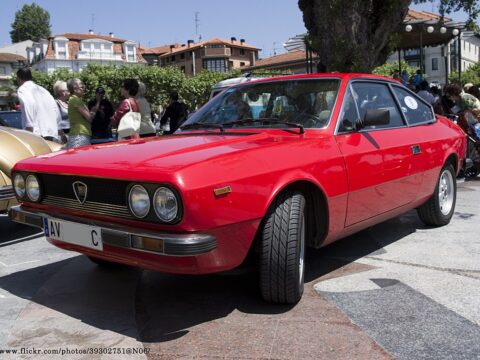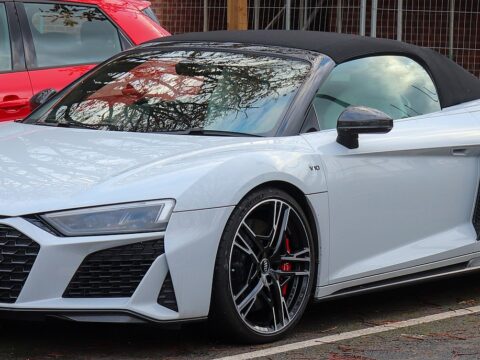Luxury cars are often seen as symbols of status and sophistication, but their value can plummet faster than you might expect. While they offer unmatched performance and style, several factors contribute to their rapid depreciation. Here are 15 surprising reasons why luxury cars lose value quickly.
Contents
High Initial Cost
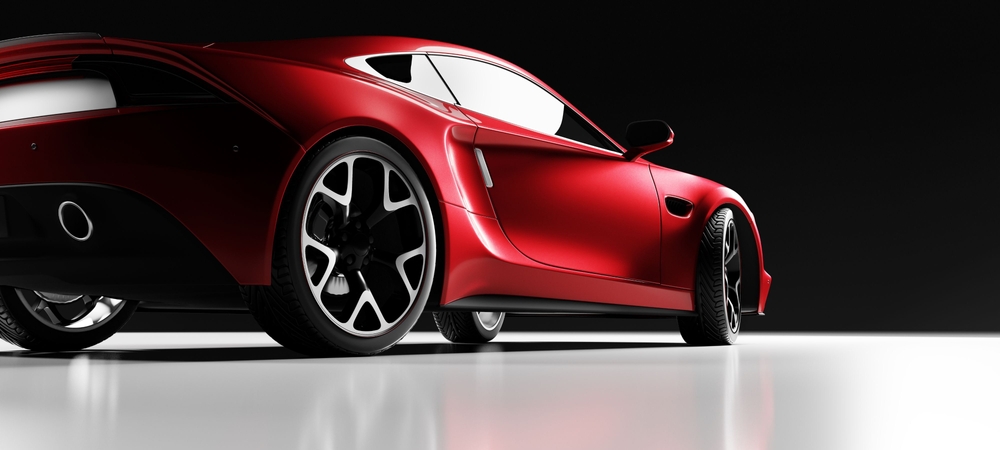
Luxury cars come with a high price tag, which means their depreciation is more noticeable in absolute terms. For example, a $100,000 car that loses 20% of its value in the first year depreciates by $20,000, a significant amount that impacts its resale value.
Expensive Maintenance
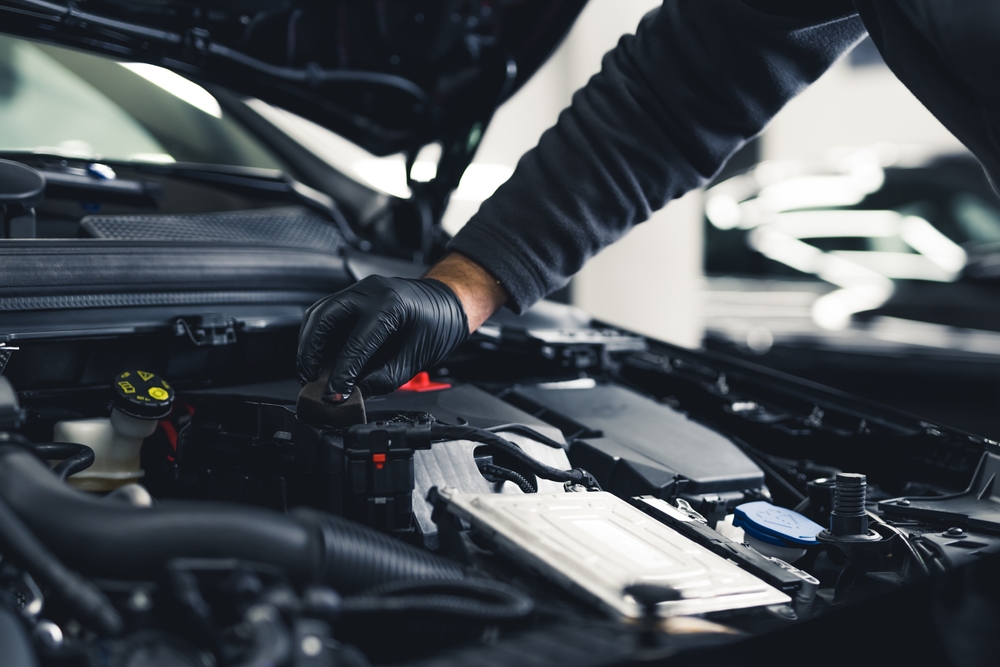
Luxury vehicles often require specialized parts and services, leading to higher maintenance costs. Brands like BMW and Mercedes-Benz are known for their expensive repairs, which can deter potential buyers who are wary of ongoing expenses.
Rapid Technological Advancements
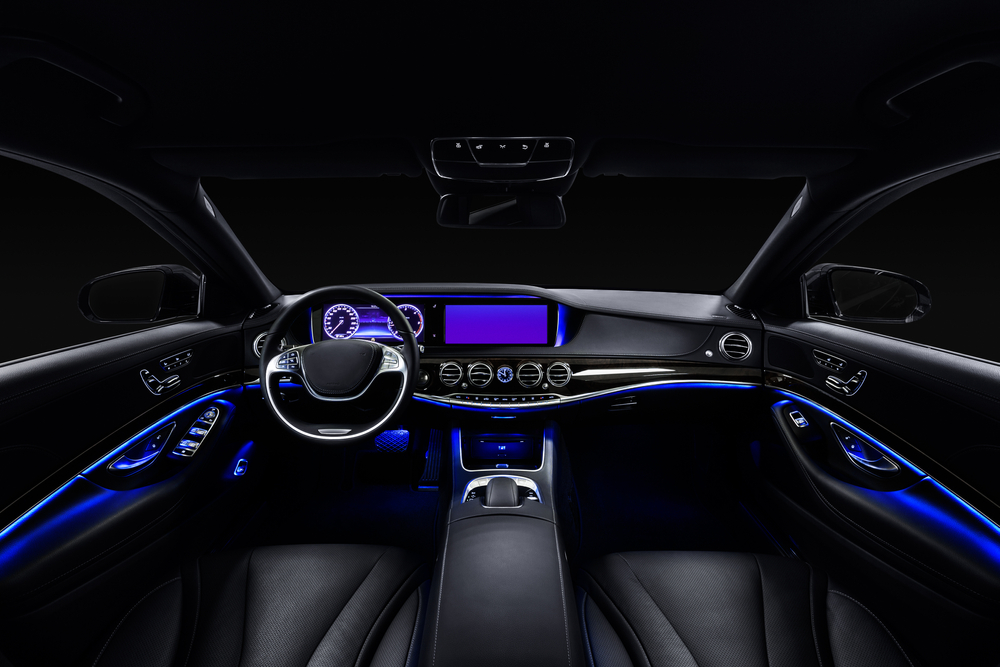
The luxury car segment is at the forefront of automotive technology, with new features and innovations being introduced frequently. As a result, models from just a few years ago can quickly become outdated, making them less appealing in the used car market.
High Insurance Costs

Insuring a luxury car is often more expensive due to the higher cost of repairs and parts. Potential buyers may be discouraged by these high premiums, which can affect the car’s resale value.
Poor Fuel Efficiency

Many luxury cars prioritize performance over fuel economy, leading to higher fuel costs. Models like the Maserati Ghibli and Range Rover are known for their poor fuel efficiency, making them less attractive to cost-conscious buyers.
Complex Electronics
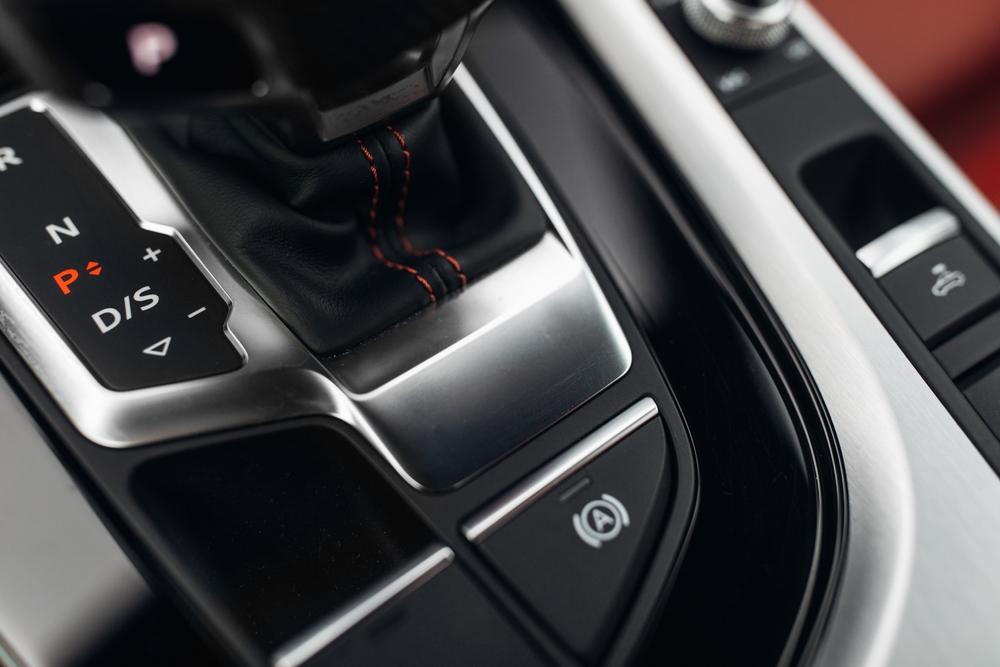
Luxury cars are equipped with advanced electronic systems that can become obsolete or require costly repairs over time. These complex systems can also be a liability if they fail, further depreciating the vehicle’s value.
Market Saturation
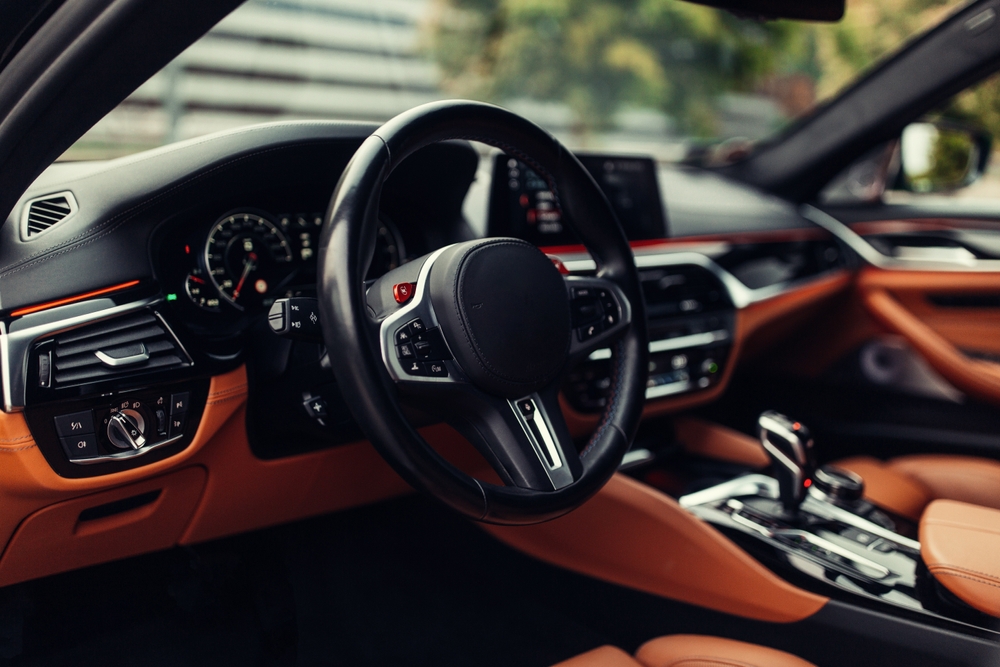
The luxury car market can become saturated with similar models, which drives down the value of individual vehicles. When there are many options available, it becomes harder to sell a particular model at a high price.
Luxury Brand Competition

Intense competition among luxury brands means that each new model strives to outdo the others in terms of features and performance. This constant innovation leads to older models losing their luster and value more quickly.
Consumer Preferences
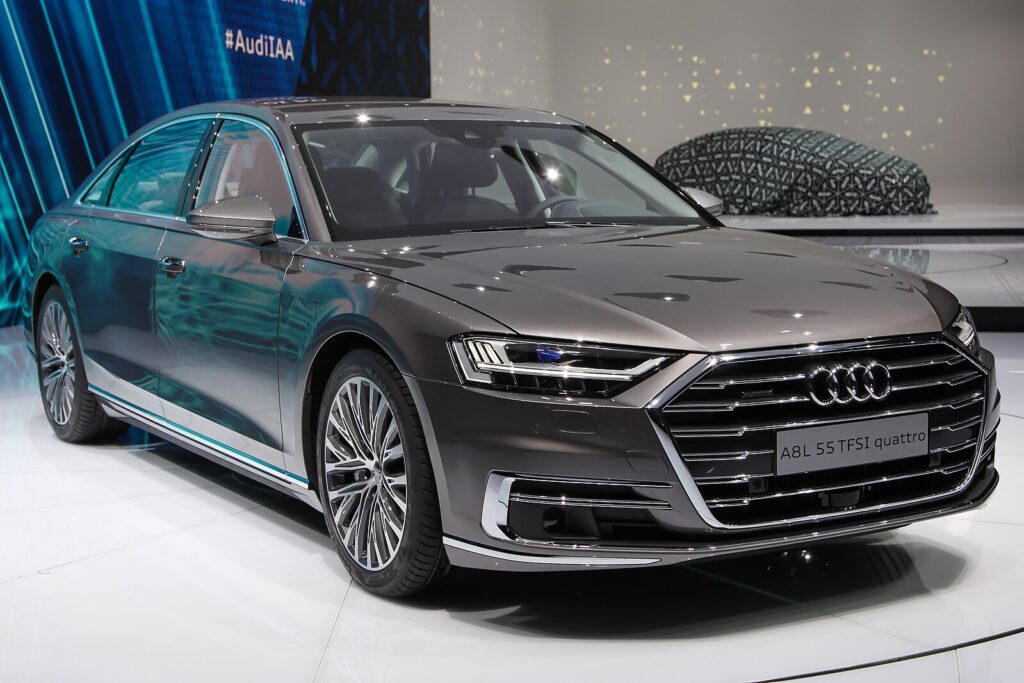
Trends in consumer preferences can shift rapidly, affecting the desirability of certain luxury cars. For instance, SUVs have become more popular than sedans, impacting the resale value of high-end luxury sedans like the Audi A8.
Lease Returns
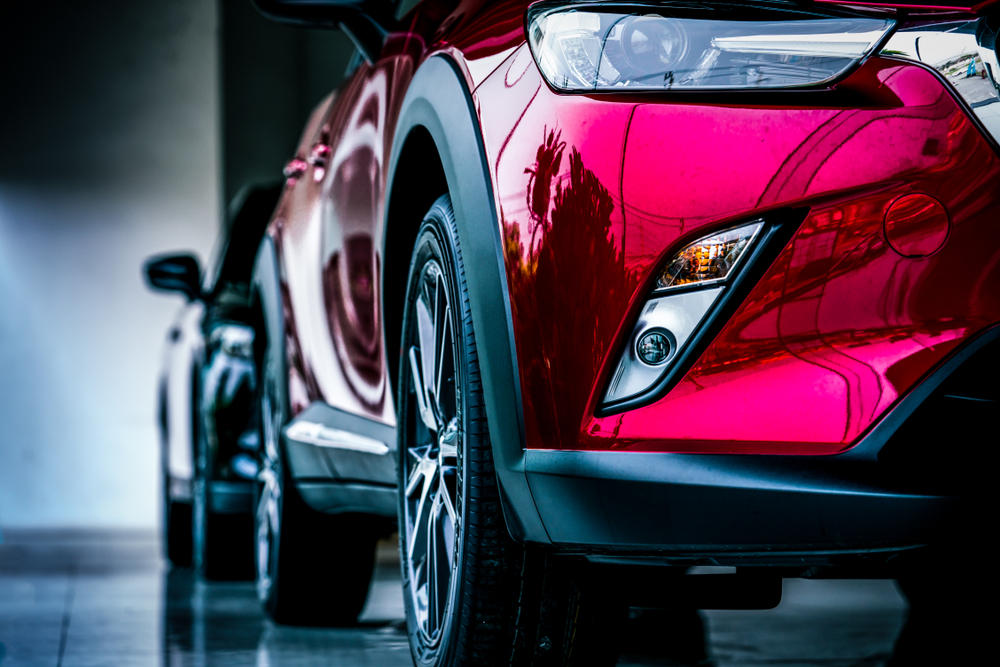
A significant number of luxury cars are leased, and when these leases end, a large number of used models enter the market simultaneously. This influx can drive down prices as supply exceeds demand.
Economic Conditions

Economic downturns or uncertainty can reduce demand for luxury vehicles, as potential buyers may become more conservative with their spending. This reduced demand leads to faster depreciation as sellers lower prices to attract buyers.
Perception of Value

Luxury cars are often seen as status symbols, but their perceived value can drop quickly as newer models are introduced. A car that was once a symbol of prestige may lose its appeal as it becomes older and less fashionable.
Depreciation Expectations

Buyers are generally aware that luxury cars depreciate quickly, which affects their willingness to pay high prices for used models. This expectation is built into the market, accelerating the depreciation rate.
Lack of Practicality
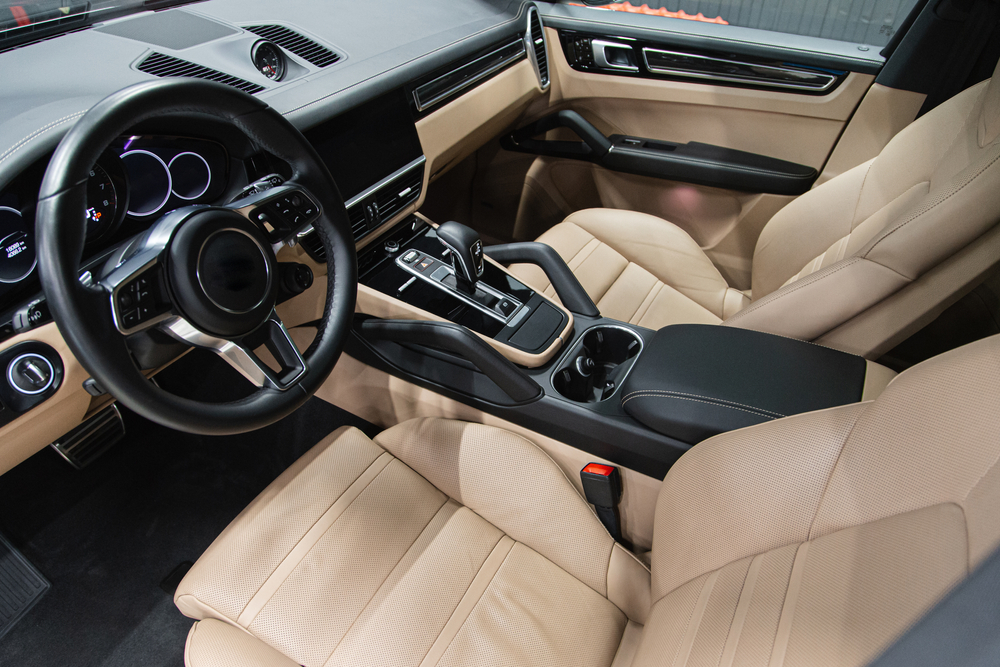
Many luxury cars are designed for performance and aesthetics rather than practicality. Limited trunk space, low ground clearance, and high maintenance costs can make them less suitable for everyday use, reducing their resale value.
Brand New Car Smell
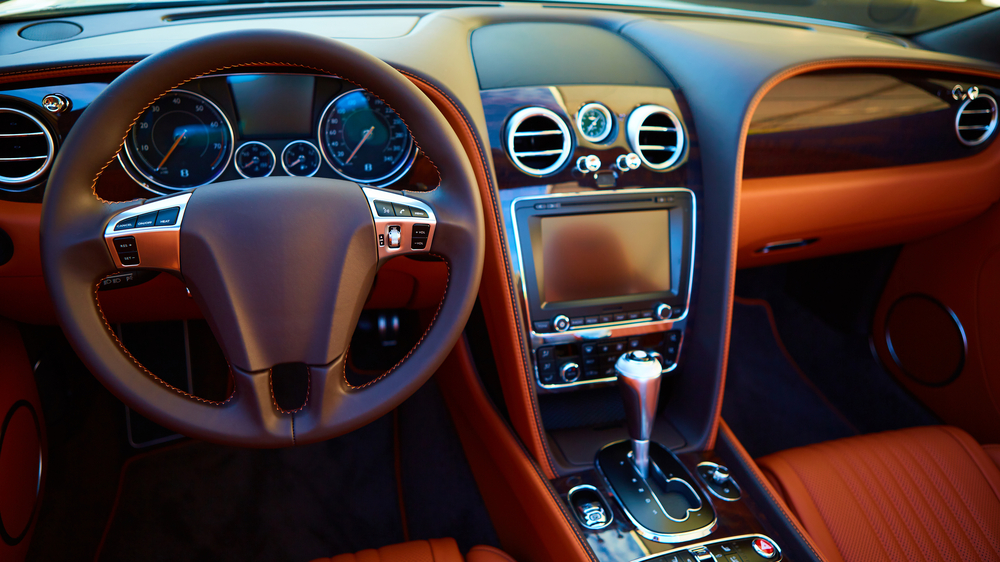
The allure of owning a brand-new luxury car diminishes over time. The unique appeal of a fresh, new model is a significant part of the luxury experience, and once that wears off, used models lose a considerable portion of their charm and value.
This article originally appeared in MyCarMakesNoise.
More from MyCarMakesNoise
17 Historic Tractors That Transformed Agricultural Practices

Tractors have been at the heart of farming for over a century, revolutionizing how we cultivate and harvest crops. Over the years, certain models have stood out for their innovation, durability, and impact on agricultural practices. Read More.
10 Fascinating Facts About High-Speed Bullet Trains

High-speed bullet trains have transformed the way we think about travel, offering an efficient, comfortable, and sustainable alternative to traditional transportation methods. Read More.
20 Best-Looking Classic Trucks with Enduring Style

Classic trucks are not only known for their rugged performance but also for their timeless designs that continue to captivate enthusiasts. These trucks have an enduring style that reflects both functionality and aesthetic appeal. Read More.

